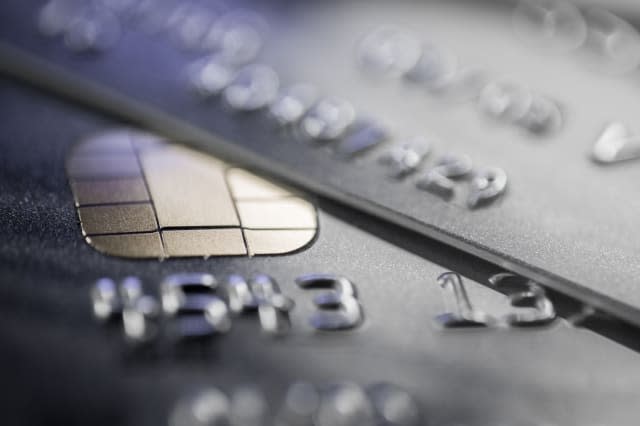Credit card crisis - 6.7m people have a card problem

Almost 14% of Brits have been carrying credit card debt for at least three years - that's 6.7 million people. What's more, almost one in ten have been carrying their debt for five years or more - costing themselves a small fortune in interest.
Londoners are the most likely to have credit card debt overall - with two fifths of those surveyed admitting to having a balance on one or more of their cards. They were also the most likely to carry debts over a long period of time, with 16% of Londoners with a balance saying they have had a credit card debt for more than five years.
Is this so worrying?
It's perfectly possible to borrow sensibly on a credit card. If you have a major an unavoidable expense to meet, then buying it on a credit card with 0% on purchases for a while allows you to spread the cost so it is paid off by the end of the interest-free period.
Alternatively, transferring a debt onto a balance transfer cad with an interest-free period, gives you the breathing space to pay off your debts before accruing interest.
The trouble is that the new research, by Go Compare, found that we're not doing either of these things - we're borrowing, failing to pay our debts off, and paying an astonishing sum in interest.
Things aren't going to get better in a hurry either. Some 14% of people expect to have a credit card debt throughout the next year; 7% will need to ask friends and family for financial help; 6% will need to take out a 0% balance transfer credit card; and 5% said they will need to take out a loan.
Unsurprisingly, 14% of Brits say they are seriously worried about their finances with 15% saying they tend to run out of money before the end of the month - and a significant minority (6%) admitting they rely on credit cards to make ends meet.
One in 10 of those surveyed said that their credit card and other unsecured debt was their biggest financial worry for the next two years.
Matt Sanders head of money at Gocompare.com, commented: "Persistent credit card debt is a real problem for many people, trapped in a cycle of minimum payments and mounting interest. Much of the money owed on credit cards is made up of the interest charged on the debt, so it's important to try and repay the balance as quickly as possible. If you can, pay more than the minimum repayment each month. If you have more than one card, always pay off the most expensive one first".
What can you do?
He suggested tips for paying off your debt:
Take control
When your statement arrives, don't ignore it; your debt will increase as interest is added to the outstanding balance.
Don't just make the minimum repayment
Card issuers add interest to any outstanding balance so the longer you take to repay the debt, the more money you will owe. If your debts are spread across more than one card, pay off the most expensive card first.
Switch your credit card.
Transfer your credit card balance to a card with an extended interest free period on balance transfers – these usually charge a small balance transfer fee of around 3% which will initially be added to the debt. But, it's still worth doing if you can get 0% interest for months. Alternatively, if you are unlikely to repay a significant part of your debt during the 0% interest free period, switch to a card with a low interest rate for the lifetime of the balance transferred. This will immediately reduce the interest rate until the debt is paid off.
Avoid fees for missed payments and cash
Card issuers typically charge around £12 for missed payments. Avoid using your credit card as a cash card, the additional charges (between £1.50 and £5.00) make this an expensive way to borrow money.




